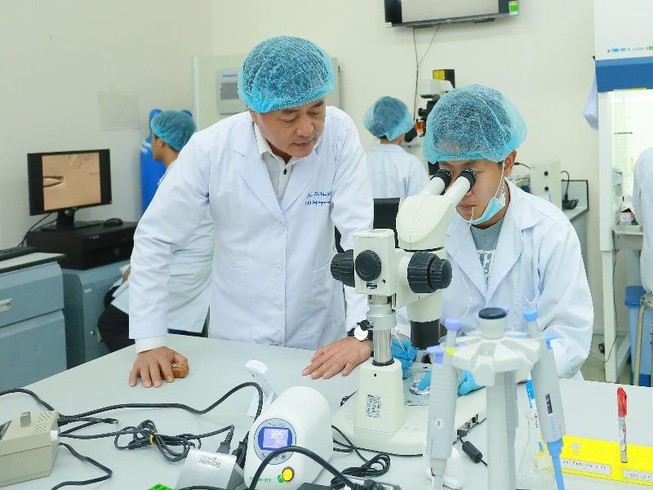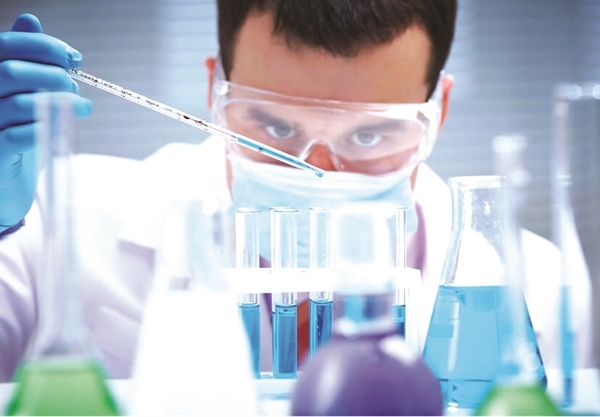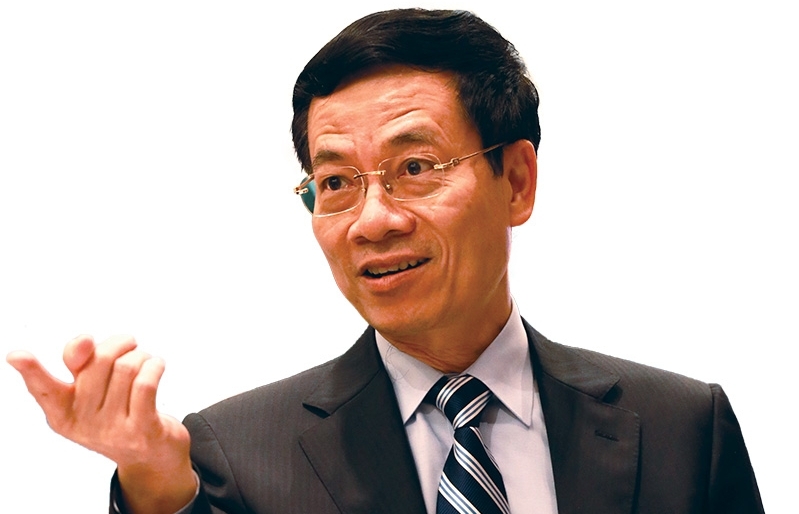Thuan is known as the master in cellular differentiation, who refused professorship in South Korea and returned to Vietnam to work as a lecturer at the HCM City International University, a member school of the HCM City National University.

Prof Nguyen Van Thuan and his co-worker
He is the dean of biotechnology at the university.
Asked about the reason behind his decision to implement the project, Thuan said in 1976, Japan gave two male and two female high-quality cows to the US and Australia.
With advanced farming technique and crossbreeding technologies, the two countries successfully created cows with high economic value, and have been exporting the cows to other countries, including Vietnam.
In principle, commercial products must not be multiplied. Thuan and his research team want to use the cell nuclear transfer technology to clone the infertile slaughtered cows and create cows with normal reproduction capability.
| With advanced farming technique and crossbreeding technologies, the two countries successfully created cows with high economic value, and have been exporting the cows to other countries, including Vietnam. |
Thuan said he becale familiar with the technologies during his study and research overseas for many years. He studied reproductive biotechnology, cellular differentiation and animal cloning in 1994 in Japan.
In 2007, in South Korea he both taught and learned the technique for creating transgenic animals.
“I want to apply the knowledge I got to create significant products for Vietnam, the homeland. I decided to come back to Vietnam in 2012 partially because I want to turn by dream to reality, ” Thuan said.
Thuan and his co-workers have had to set up and running a laboratory, transfer technology, creati'e cloned embryos,and prepare surrogate cows and others.
“We work day and night. In daytime, I give lectures at school. From 5pm to 10pm, I work for the project. On weekend, I go to the cow farm,” Thuan said.
In November 2019, the researchers successfully implanted cloned embryos into 12 surrogate cows and will continue the implantation to have 50 surrogate cows. Thuan hopes that the first cloned cows will be born in Vietnam in 2020.
“We are bursting to know the results. If we succeed, we can prove that not only developed countries master high technology which can create new animals from the cells of dead animals, but Vietnam also can,” he said.
Thuan said this will pave the way for new medical research on recombinant protein production for humans and biological organ production.
Cloning cows is a national project implemented with partial funding from the Ministry of Science and Technology.
Mai Chi

AI-based technology used in genetic analysis
Gene analysis is the use of DNA (Deoxyribo Nucleic Acid) in the cells of human body to identify genetic factors such as physical conditions and disease risk in each person.

A strong Vietnam by virtue of digital technology
Digital technology will be the key for Vietnam to realise the target of growing into a powerful nation with a thriving economy over the next quarter of a century.
 The first cloned cows in Vietnam are expected this year under a project implemented by Prof Nguyen Van Thuan and his co-workers.
The first cloned cows in Vietnam are expected this year under a project implemented by Prof Nguyen Van Thuan and his co-workers.